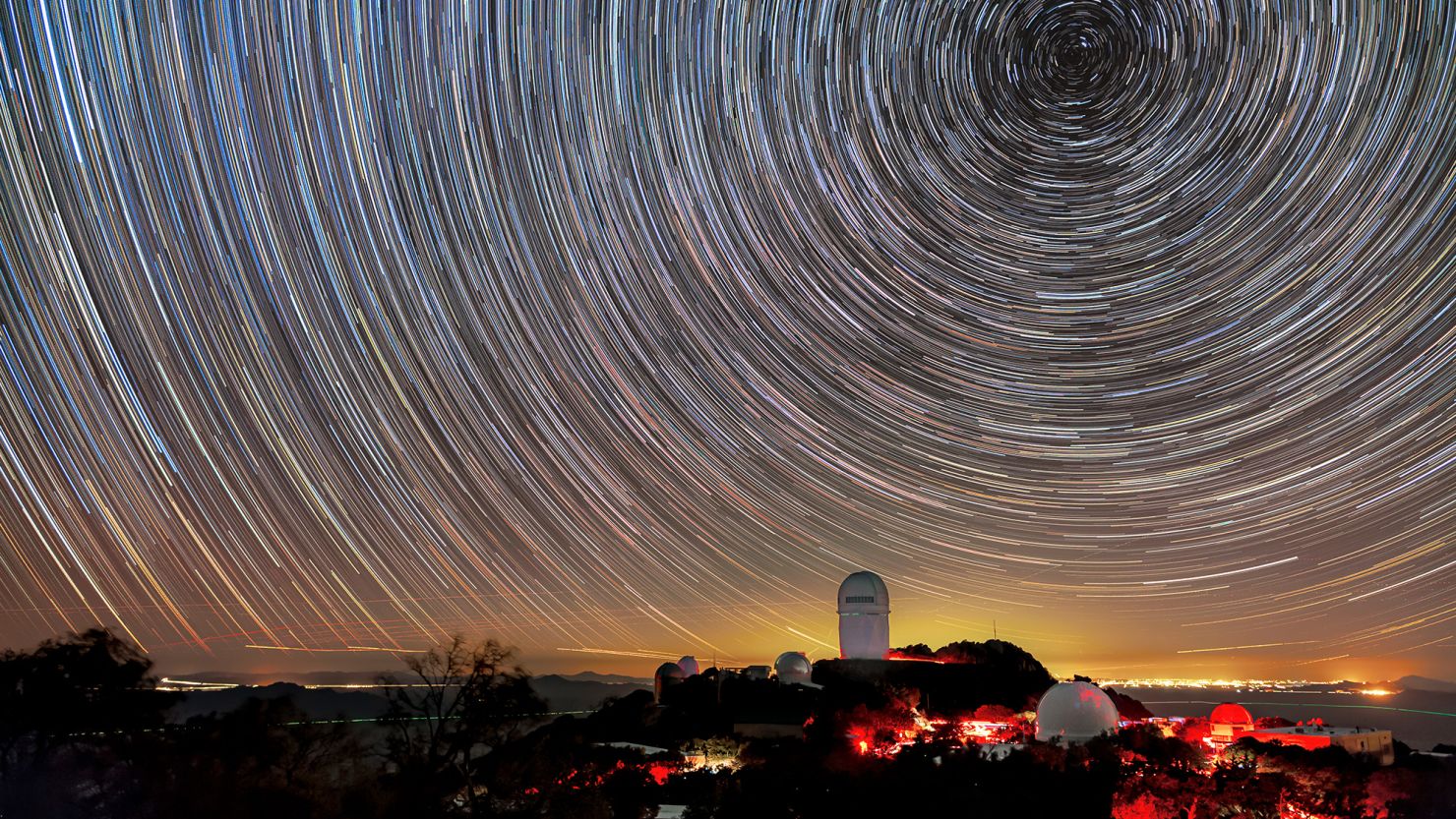New Research Reveals Evolving Dark Energy, Posing Challenges

A groundbreaking study has emerged, challenging long-held beliefs about dark energy, the mysterious force driving the universe’s expansion. Researchers utilizing a vast 3D map of the cosmos have discovered that dark energy may not be a constant, as previously thought, but could be evolving over time. This revelation stems from extensive observations of millions of galaxies, prompting scientists to reconsider the validity of the standard cosmological model that has dominated our understanding of the universe.
The Dark Energy Spectroscopic Instrument (DESI) recently released a report indicating that dark energy might not be a fixed entity. The findings are based on three years of data collection, encompassing nearly 15 million galaxies and quasars. DESI’s capability to capture light from 5,000 galaxies has enabled researchers to analyze large-scale cosmic structures and measure changes in the universe’s expansion rate over time.
Insights from the DESI Report
The DESI report highlights significant inconsistencies when its findings are compared to established measurements from the cosmic microwave background (CMB) and type Ia supernovae. The CMB, which consists of ancient light from the early universe, has long been a crucial tool for tracking cosmic expansion. Type Ia supernovae, known for their consistent brightness, have also provided essential distance measurements. However, the new data suggests that the influence of dark energy may have diminished over time, contradicting the accepted cosmological model that assumes its constancy.
Arjun Dey, a scientist associated with the DESI project, emphasized the potential implications of these findings, stating that they could significantly reshape our understanding of the universe. The ongoing observations by DESI are expected to further refine our knowledge of dark energy’s role in cosmic expansion.
Future Implications for Cosmology
The implications of this research extend far beyond theoretical discussions. If dark energy is indeed evolving, it could lead to a paradigm shift in cosmology, prompting scientists to develop new models that better explain the universe’s behavior. This could also influence various fields of astrophysics, as researchers seek to reconcile these findings with existing theories.
The DESI project, with its advanced observational capabilities, is poised to continue its exploration of dark energy. As more data is collected, scientists hope to clarify the nature of this enigmatic force and its impact on the universe’s fate. The ongoing research will be crucial in determining whether the standard model of cosmology remains valid or if it requires significant revisions.
Broader Context of Dark Energy Research
Dark energy has been a central topic in cosmology since its discovery, as it accounts for approximately 68% of the universe’s total energy density. Understanding its properties and behavior is essential for grasping the universe’s expansion and ultimate fate. The DESI findings add a new layer of complexity to this ongoing investigation, raising questions about the fundamental nature of dark energy.
As researchers delve deeper into the cosmos, the quest to understand dark energy will likely lead to new discoveries and insights. The scientific community is eager to see how these findings will influence future research and our overall comprehension of the universe. The DESI project represents a significant step forward in this journey, with the potential to unlock new mysteries of the cosmos.
Observer Voice is the one stop site for National, International news, Sports, Editor’s Choice, Art/culture contents, Quotes and much more. We also cover historical contents. Historical contents includes World History, Indian History, and what happened today. The website also covers Entertainment across the India and World.

